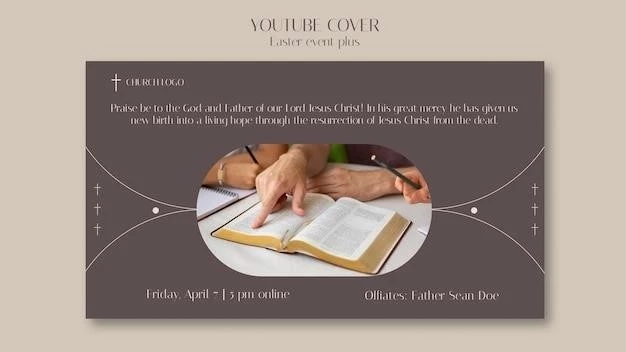The Reformation and the Split of Christianity: A Personal Reflection
As someone deeply interested in history and religion, I’ve always been captivated by the Reformation. It wasn’t just a period of theological debate; it was a seismic shift that reshaped the landscape of Europe and Christianity forever. I recently embarked on a journey to understand this pivotal moment better, and I’d like to share my insights and experiences.
The Catholic Church on the Eve of the Reformation
Before diving into the Reformation, I needed to understand the world in which it emerged. The Catholic Church held immense power in 16th century Europe. It wasn’t merely a religious institution; it was a political and cultural force٫ deeply intertwined with the lives of everyday people. I tried to imagine a world where the Church dominated art٫ education٫ and even government٫ a world where questioning its authority seemed almost unthinkable.
Martin Luther: A Spark Ignites
My exploration led me to Martin Luther, an Augustinian monk and professor of theology at the University of Wittenberg. I learned about his growing unease with certain Church practices, particularly the sale of indulgences. Indulgences, as I discovered, were essentially pardons from sin, sold to finance Church projects. To Luther, this practice undermined the true meaning of repentance and God’s grace. I could sense his frustration and his conviction that salvation came through faith alone, not through financial transactions.
The Ninety-Five Theses: A Call for Debate
On October 31, 1517, Luther took a bold step that would reverberate through history. He penned his famous Ninety-Five Theses, a list of propositions challenging the Church’s teachings on indulgences and other matters. Contrary to popular belief, he didn’t nail them to the church door in Wittenberg, but he did send them to Archbishop Albert of Mainz. I read the theses carefully, struck by the clarity and forcefulness of Luther’s arguments. He wasn’t just criticizing; he was inviting debate, a debate the Church was unwilling to have.
The Printing Press: Amplifying the Message
Luther’s ideas might have remained confined to academic circles if not for a revolutionary invention: the printing press. I imagined the impact of this new technology, enabling Luther’s writings to be mass-produced and disseminated throughout Europe at an unprecedented speed. His message resonated with many who shared his concerns about the Church’s corruption and yearned for a more personal relationship with God. I was struck by the power of the printed word to mobilize people and challenge established authority.

The Spread of Protestantism: A New Landscape
Luther’s defiance sparked a religious revolution. His ideas, combined with those of other reformers like John Calvin and Huldrych Zwingli, gave rise to Protestantism. I learned about the different branches of Protestantism that emerged, each with its own interpretations of scripture and religious practices. Lutheranism, Calvinism, Anglicanism – these new denominations challenged the Catholic Church’s dominance, leading to religious wars and political upheaval across Europe.
The Counter-Reformation: The Catholic Response
The Catholic Church didn’t remain passive during this time. I delved into the Counter-Reformation, a period of internal reform and renewal within Catholicism. The Council of Trent, convened in 1545, addressed many of the issues raised by the reformers, reaffirming Catholic doctrine while also emphasizing the importance of education and moral conduct among the clergy. I found it fascinating to see how the Reformation prompted change within the Catholic Church itself.

Lasting Impacts: A Divided Christendom
The Reformation had profound and lasting consequences. It shattered the religious unity of Europe, leading to centuries of conflict and persecution. It also had a significant impact on education, politics, and social structures. The translation of the Bible into vernacular languages, for example, increased literacy and empowered people to engage directly with scripture. The Reformation’s emphasis on individual conscience and the priesthood of all believers paved the way for greater religious freedom and democratic ideals.
Personal Reflections: Lessons Learned
My exploration of the Reformation wasn’t just an academic exercise; it was a journey of personal reflection. I grappled with the complexities of faith, the abuse of power, and the courage it takes to stand up for one’s beliefs. I was reminded that history is not a static collection of facts but a dynamic interplay of ideas, personalities, and events that continue to shape our world today. The Reformation may have happened centuries ago, but its legacy is still felt in the religious landscape we see around us. It reminds us of the power of ideas, the importance of questioning authority, and the enduring search for truth and meaning in a complex world.










